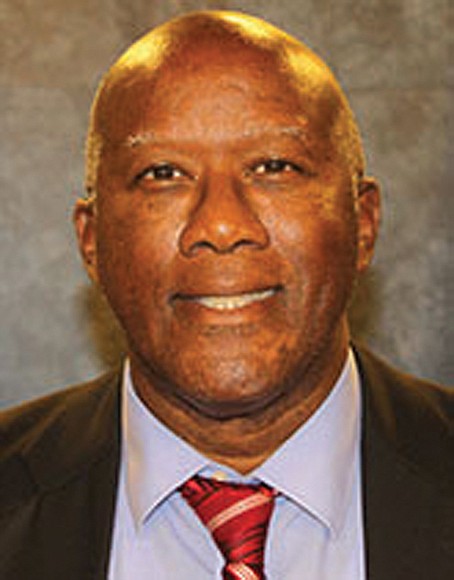Driesell’s racial pioneering remembered, by Wayne Dawkins
2/22/2024, 6 p.m.
Charles “Lefty” Driesell died peacefully at home at 92 in his native Tidewater.
Appreciations are pouring in for the coach who put University of Maryland basketball on the map in the 1970s and 1980s and earned Hall of Fame honors for winning at least 100 games at four different institutions, Maryland, Davidson, James Madison, and Georgia State University.
Yet Coach Driesell also deserves appreciation as a sports racial change agent.
Coach Driesell played monumental roles in smashing the stonewall whites-only college sports teams that were normal operating procedure until the late 1960s. Coach Lefty unwittingly desegregated the Atlantic Coast Conference. Yes, the league where Black student athletes from North Carolina, Duke, Virginia, Wake Forest, Clemson, and others saturate the hardwoods with talent.
During the mid-1960s, all the ballers were white. Then Driesell recruited Charlie Scott, a wiry 6-foot-6 guard, to come play for him at Davidson College in North Carolina. Coach Driesell already had Black players at his Southern school, notably Mike Maloy, a bruising 6-foot, 7-inch forward who was inducted into the College Basketball Hall of Fame.
Mr. Scott changed his mind about going to Davidson because he was lured away by the UNC Tar Heels, which was whites only before the offer. Coach Lefty indirectly facilitated sports history. Soon competing ACC schools quickly desegregated one by one.
Well, except one. The South Carolina Gamecocks decided to leave the ACC, in large part because it was unable to recruit local Black talent because of the conference’s academic standards, complained Gamecock officials.
Decades later South Carolina joined the Southeastern Athletic Conference [Kentucky, Tennessee, Alabama, LSU, et al] with integrated teams.
Coach Driesell was famously fiery, competitive, and not shy about his ability: “I can coach.”
Also Stanley O. King, a New Jersey civil rights lawyer, friend, and former college basketball player, remembered this:
In 1977 when Coach Driesell was recruiting Albert King, kid brother of NBA great Bernard King, Coach Driesell promised that if he came to College Park and played for Maryland, the U.S. president would wake up every morning and ask, “How did Al do last night?”
He continued to seek out Black talent. He hired George Raveling as an assistant coach in 1969, another kind of barrier breaking because African-Americans were not even considered at that time. Coach Raveling went on to be a winning coach at the USC [Southern California] and other Division I schools.
Coach Raveling’s character was featured in “Air,” the 2023 movie about Nike sneakers and UNC star Michael Jordan, an unproven NBA rookie, who made the former running shoe company the No. 1 sneaker globally.
Coach Driesell’s Davidson was a mid-major level Division I liberal arts college. Coach Driesell upgraded to what we now call the Power Five conference ball by going to the University of Maryland, which in the early 1970s was part of the Atlantic Coast Conference.
Coach Driesell promised to make the Terrapins the “UCLA of the East.” He did not accomplish that feat; the Bruins of Los Angeles were too dominant. Still, Coach Driesell was successful.
Maryland battled North Carolina, North Carolina State, and Duke for ACC championships, and the Terrapins made numerous postseason appearances.
Maryland’s early stars were the high-low post big men and teammates Tom McMillen and Len Elmore. Post college, Mr. McMillen was elected to Congress, and Mr. Elmore became a lawyer, and then TV college basketball analyst. After 17 years [1969-1986] at Maryland, Coach Driesell finished his coaching career at Georgia State.
His 786 wins are a laudable achievement. But Coach Driesell’s vision and leadership, showing the way that white and Black college athletes and coaches could thrive in the new South, should rank as a greater success.
The writer is a Professor of practice at Morgan State University and author of several books, including “Sam Lacy and Wendell Smith: The Dynamic Duo that Desegregated American Sports.”







